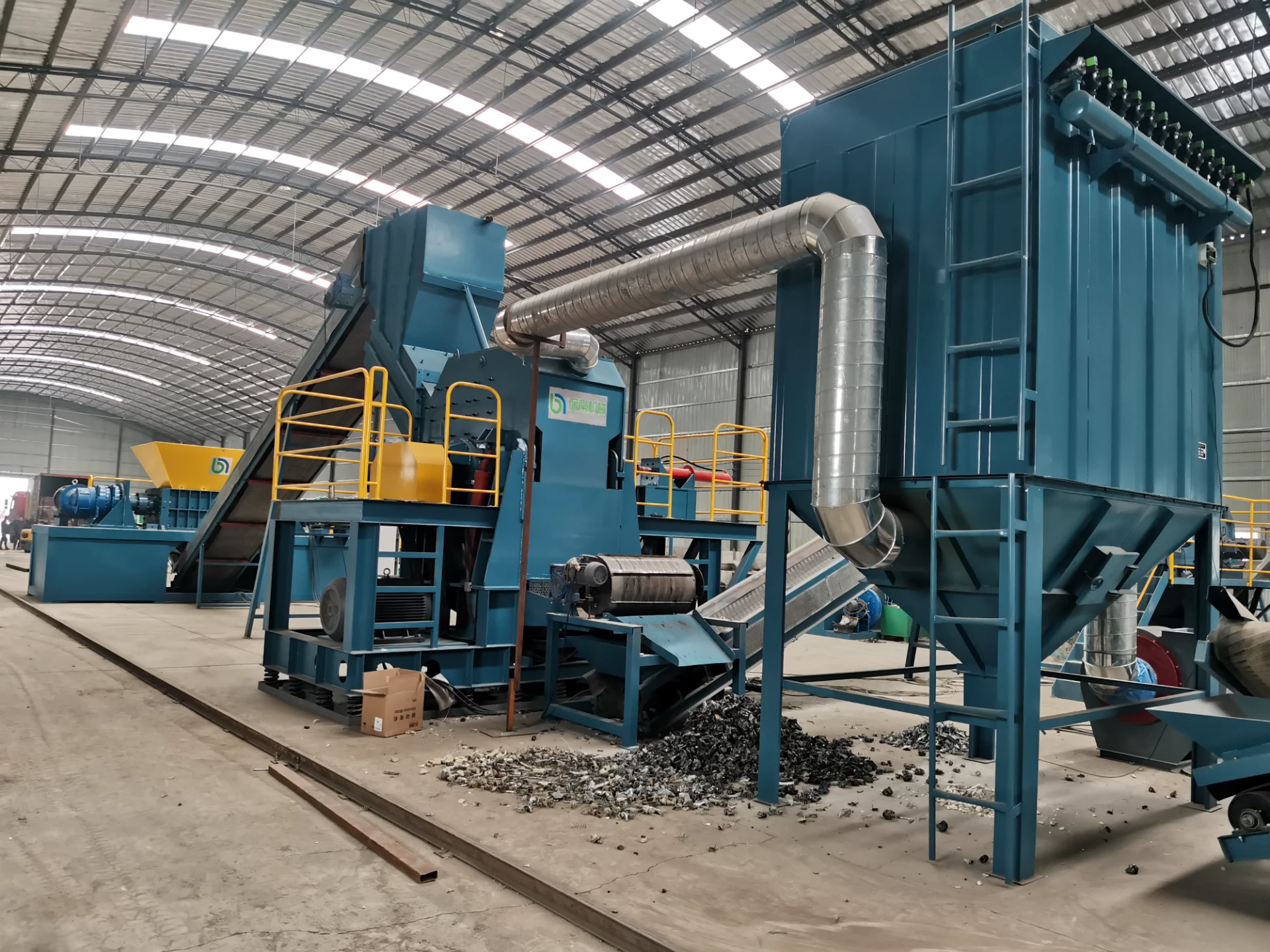

ഒക്ട് . 10, 2024 17:06 Back to list
Aluminium Recycling Plants A Sustainable Future
In an era where environmental sustainability has become a pressing concern, aluminium recycling plants play a crucial role in reducing waste and conserving resources. With global aluminium production standing at approximately 60 million tonnes per year, the efficient recycling of this versatile metal has never been more important. Aluminium recycling not only minimizes the ecological footprint of metal extraction but also significantly reduces energy consumption, making it an essential component of a circular economy.
Aluminium is one of the few materials that can be recycled indefinitely without losing its properties. This property makes it a prime candidate for recycling initiatives. The process of recycling aluminium involves several critical stages, each designed to ensure the efficiency of the operation. The first step typically involves the collection of scrap aluminium. This scrap can come from various sources, including post-consumer products like beverage cans, automotive parts, and construction materials, as well as post-industrial sources such as manufacturing waste.
Once collected, the aluminium scrap is sorted and cleaned to remove any impurities. This process is vital, as contaminants can adversely affect the quality of the recycled material. Sorting can be done manually or through advanced technologies such as optical sorting systems that utilize infrared scanners to detect and separate different types of metals efficiently. After sorting, the clean aluminium is then shredded into small pieces, facilitating easier melting in the next stage.
Melting the shredded aluminium is typically carried out in large furnaces, designed to heat the metal to very high temperatures, specifically around 660 degrees Celsius (1220 degrees Fahrenheit). This melting process is where aluminium recycling processes showcase their environmental advantages. Recycling aluminium saves up to 95% of the energy required to create new aluminium from bauxite ore. Given that primary aluminium production emits significant greenhouse gases, the transition to recycling processes represents a significant step towards reducing the industry’s carbon footprint.

Once the aluminium is melted, it is poured into molds to create ingots. These ingots can be sold to manufacturers who will use them to produce new aluminium products. The versatility of recycled aluminium means it can be used across various industries, including aerospace, automotive, packaging, and construction. Such widespread applicability not only boosts economic growth but also enhances the market for recycled materials.
Additionally, aluminium recycling plants contribute to job creation and local economies. As the demand for recycled aluminium continues to grow, these plants often require a skilled workforce for operations ranging from collection and sorting to management and maintenance. Beyond economic benefits, they play a pivotal role in creating more sustainable communities by minimizing landfill waste and promoting recycling efforts.
Furthermore, advancing technologies consistently improve the efficiencies of aluminium recycling processes. Innovations such as low-energy melting furnaces and improved sorting mechanisms are being deployed to maximize recovery rates and reduce costs. These technological advances are crucial for keeping up with an ever-increasing demand for recycled aluminium while also addressing environmental concerns.
However, despite the benefits of aluminium recycling plants, challenges remain. For instance, the overall recovery rate for aluminium is approximately 75% globally, but this figure can be higher in regions with robust recycling infrastructures. Educational initiatives and public awareness campaigns are essential to improve recycling rates and encourage the responsible disposal of aluminium products.
In conclusion, aluminium recycling plants are at the forefront of promoting a sustainable future. By reclaiming and reprocessing this valuable metal, they play an essential role in reducing environmental impacts, conserving energy, and supporting economic growth. As global attention increasingly focuses on sustainability, enhancing recycling practices and expanding these facilities will be crucial for fostering a more circular economy, where waste is minimized, and resources are utilized efficiently. With continued investment in technology and public engagement, the aluminium recycling industry can significantly contribute to a more sustainable planet for future generations.
Latest news
Metal Shredder: The Ultimate Solution for Metal Recycling
NewsApr.08,2025
Metal Recycling Plant: The Future of Sustainable Waste Management
NewsApr.08,2025
Eddy Current Separator: Revolutionizing Metal Recycling
NewsApr.08,2025
E-Waste Shredder: Efficient Recycling for Electronic Waste
NewsApr.08,2025
Double Shaft Shredder: The Ideal Solution for Heavy-Duty Material Shredding
NewsApr.08,2025
Cable Granulators: Revolutionize Your Cable Recycling Process
NewsApr.08,2025